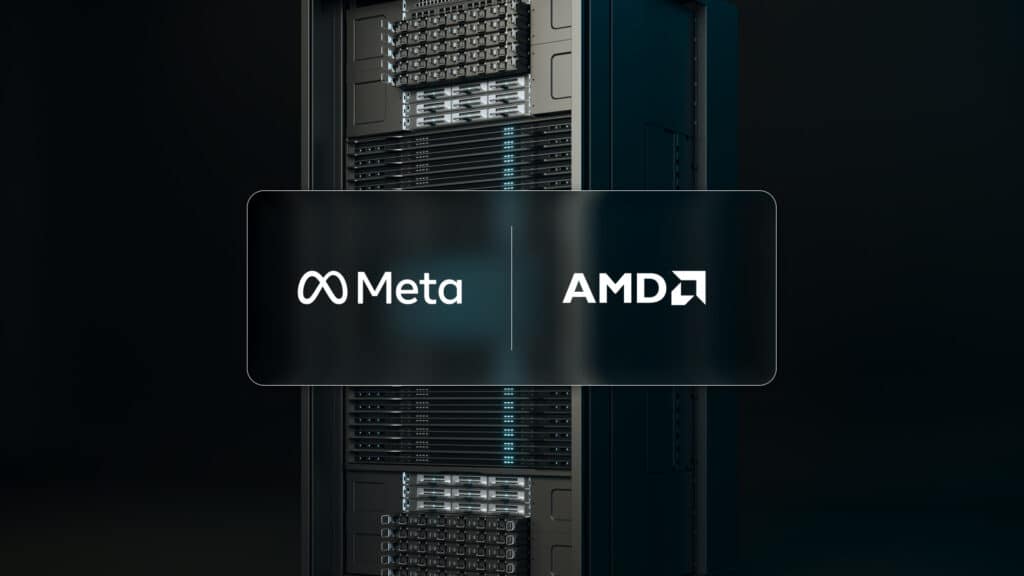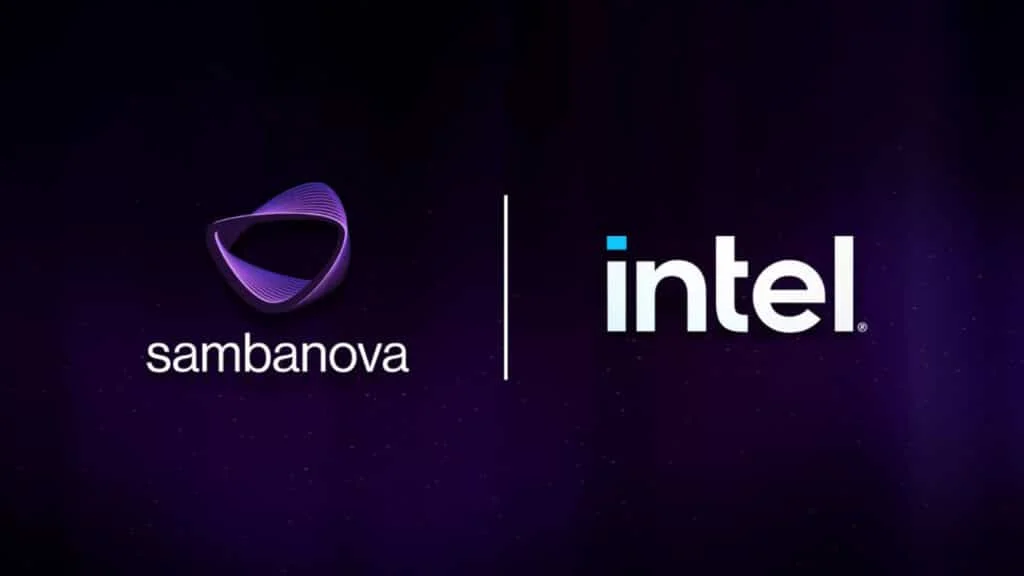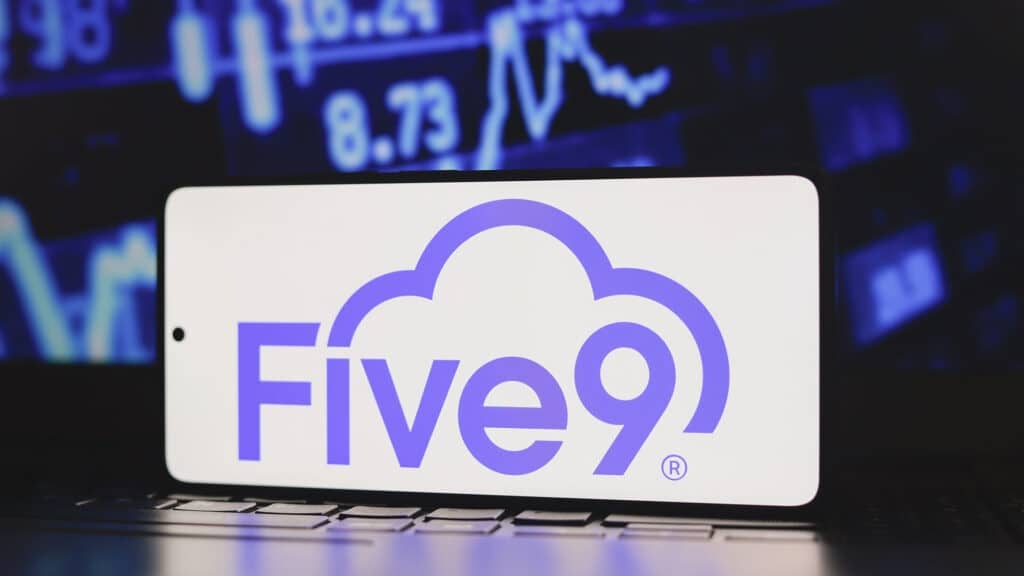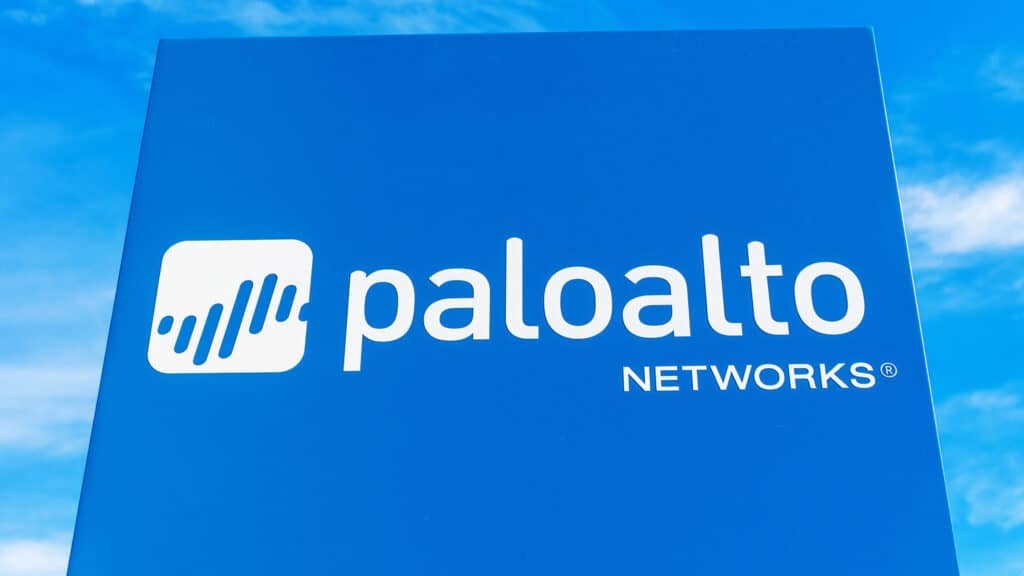Analyst(s): Ron Westfall
Publication Date: March 27, 2025
Versa Networks is focused on accelerating the market adoption of Sovereign SASE, the first solution designed to deliver complete data, control, and operational sovereignty that can ensure compliance with national regulations while maintaining the agility of a cloud-first architecture.
What is Covered in this Article:
- NFD37 showed how Versa’s Sovereign SASE can enable organizations to ensure full control over data residency, security, business continuity, and customization.
- Accelerate the deployment of SASE as a service or in the customers’ infrastructure.
- Why Versa portfolio can deliver zero-trust security and performance at scale across a worldwide workforce
- Optimize application performance while maintaining compliance with data localization requirements
The News: Versa, a provider of SASE solutions, enables organizations to create self-protecting networks that can simplify and automate their network and security infrastructure. At Networking Field Day 37, Versa provided a comprehensive business and technical deep dive into why Sovereign SASE matters, exploring the critical challenges enterprises face in securing data across distributed environments while adhering to sovereignty, compliance, and operational mandates. Versa showcased its unique approach to flexible deployment models, covering on-premises, cloud “as-a-service”, hybrid, and sovereign service provider-hosted architectures, all powered by the VersaONE platform.
NFD37: Versa Takes Sovereign SASE Versatility to the Next Level
Analyst Take: Versa Networks, at Networking Field Day 37, advocated why it is advancing the first Sovereign SASE solution built to deliver complete data, control, and operational sovereignty to organizations – ensuring compliance with national regulations while maintaining the agility of a cloud-first architecture. The solution fully aligns and takes advantage of burgeoning enterprise and service provider demand for a sovereign, secure, and scalable networking solution that navigates an increasingly complex regulatory and threat landscape.
Versa’s portfolio directly addresses the topmost challenges organizations face with today’s SASE solutions commonly delivered on a shared global infrastructure of PoPs provisioned on one of the hyperscale public clouds. However, I find that there are trade-offs for using a shared infrastructure:
- No control of data sovereignty
- No control of service delivery and operations
- No control of consumption model
- No ability to leverage existing infrastructure
Versa Networks: SASE Overview and Innovation
SASE (Secure Access Service Edge) is a cloud-based architecture that combines wide area network (WAN) capabilities with network security functions to provide secure and efficient access to resources for distributed users and devices. SASE integrates SD-WAN with security services such as Cloud Access Security Broker (CASB), Secure Web Gateway (SWG), Firewall-as-a-Service (FWaaS), and Zero Trust Network Access (ZTNA).
From my point of view, Versa’s SASE proposition is a comprehensive solution that combines networking and network security services delivered on-premises, in the cloud, or as a hybrid combination. Key features of Versa SASE include security, networking, SD-WAN, and analytics integration within a single software operating system called VOS (Versa Operating System).
Versa uses a distributed system of Versa Cloud Gateways, approaching 100 locations worldwide, which extends Secure SD-WAN from premises to cloud. Support for full-featured SD-WAN, integrated security, advanced routing, ZTNA, SWG, FWaaS, CASB, and continuous monitoring and analytics. Policy application based on user identity, groups, applications, and devices, using real-time context and incorporating various compliance, regulatory, security, network, and application policies.
Versa Sovereign SASE: Breakthrough Model Enables Customers to Determine Security Destiny
The Versa Sovereign SASE deployment model is purpose-developed to enable enterprises and service providers to operate secure access service edge infrastructure entirely on their own infrastructure. Versa spotlighted how this provides enterprises, governments, and service providers full control over networking and security through an isolated, self-managed SASE stack. Versa president and CEO Kelly Ahuja highlighted the company’s vision of fulfilling enterprise prioritization for data privacy, regulatory compliance, and operational resilience across expanding cybersecurity threats and evolving data sovereignty laws.
Versa’s Sovereign SASE proposition delivers a breakthrough deployment model for the VersaONE Universal SASE Platform that enables enterprises, governments, and service providers to deploy customized networking and security services directly on their own infrastructure. This “do-it-yourself” (DIY) approach addresses the growing demand for greater control as organizations navigate a myriad of jurisdiction-specific data privacy regulations (i.e., GDPR, HIPAA, and CCPA), escalating security threats and trade-offs presented by using third-party SaaS infrastructure.
As a result, by adopting Versa Sovereign SASE, organizations can build and administer their SASE environment on their own infrastructure, thereby ensuring greater autonomy and data protection. This can help minimize operational risks and costs tied to unplanned outages and downtime on third-party SaaS platforms.
Of key importance, Versa has developed what it promotes as an isolated infrastructure that is targeted at fulfilling the strict and multi-prong requirements for regulatory compliance, data residency, and security. Portfolio features such as configurable geofencing and language localization directly support native compliance with sovereignty requirements. Moreover, Versa customization capabilities support tailored offerings that can improve business outcomes, competitive advantages, and enhanced customer experience for service providers.
Sovereign SASE Market Trends and Versa Impact
The Versa Sovereign SASE solution represents a third deployment option for the VersaONE Universal SASE Platform, alongside the existing as-a-service (Versa Unified SASE) and private (Versa Private SASE) models. Versa Sovereign SASE augments the company’s current SaaS and private gateway offerings. Anuj Dutia, Versa Global Head SASE Solutions & Services, provided a deep dive into why Sovereign SASE matters and how the company’s three main offerings align with the top SASE market trends.
I concur with Versa’s projection that this new model can expand the total addressable SASE market by at least 25-30% due to unleashing emerging use cases such as enabling service providers to offer turnkey services to SMB, SOHO, and consumer market segments, as well as extending deployments to mobile entities such as ships, planes, trains, and automobiles. Versa Sovereign SASE augments the company’s current SaaS and private gateway offerings.
For managed service providers, Sovereign SASE can generate new revenue streams through customized SASE offerings and assuring infrastructure control. Top-tier operators such as T-Mobile, Tata Communications, and Lumen are using Versa technology to launch branded security services, including T-Mobile’s SASE with T-SIMsecure. At the same time, Tata Communications, Lumen, and Crown Castle each announced their own Sovereign SASE services.
Over the past two years, Versa Sovereign SASE has been deployed by organizations in the defense, financial services, maritime, energy, and retail industries and is now generally available for all organizations from Versa’s partner network and directly from Versa.
Versa needed to spotlight its Sovereign SASE solution to counter rival offerings and demonstrate competitive advantages through its DIY approach. For instance, introduced in August 2024, Fortinet’s Sovereign SASE offering is designed for service providers, large enterprises, and governments that require enhanced data sovereignty and compliance with regional regulations. Although Fortinet has yet to announce customers, the move provides additional validation to Versa’s portfolio innovations and the Sovereign SASE business case.
Zscaler’s Zero Trust SASE solution is a cloud-based security framework that combines the company’s Zero Trust Exchange platform with data sovereignty principles. However, it does not constitute a Sovereign SASE product. Palo Alto Networks offers Prisma SASE, which is designed to provide security and networking capabilities while maintaining data sovereignty and compliance with regional regulations. However, the implementation is built on Google Cloud based on the US Cloud Act, which requires Palo Alto to share data with the US government. As a result, the offering does not qualify as a Sovereign SASE solution.
Versa also gains a time-to-market advantage over key rivals Cisco and Broadcom, who have yet to market a Sovereign SASE solution explicitly. However, their portfolios address similar security challenges using their SASE capabilities. Now, they, along with Zscaler and Palo Alto, should sharpen their own portfolio offerings to better align with the specific expectations of a Sovereign SASE approach, answering Versa’s specific advantages.
Looking Ahead
Overall, Versa Sovereign SASE provides a transformative deployment strategy, merging a top-tier security and networking platform with adaptable deployment options to address any organization’s strict regulatory and operational demands. It enables enterprises and service providers to implement custom networking and security services from their own infrastructure, giving them greater control, enhanced data privacy, and business continuity. As such, Versa Sovereign SASE is poised to accelerate ecosystem-wide adoption across organizations ranging from managed service providers, highly regulated industries, and those managing critical infrastructure to SMBs and SOHOs.
What to Watch:
- Sovereign SASE adoption will gain more market acceptance and momentum. It allows organizations to keep data within prescribed regions and ensures compliance with stringent data privacy laws such as GDPR, HIPAA, and CCPA.
- Versa should sharpen the marketing around the air-gap capabilities of its Sovereign SASE solution to help streamline sales cycles.
- Improved economics for service providers, making it possible to offer turnkey services to SMB, SOHO, and consumer market segments.
- Extended deployments to things that move – ships, planes, trains, automobiles, and military deployments to tactical battlefield use cases.
- Broader integration with AI networking, AI security, and agentic AI capabilities as organizations embed AI across organization-wide operations and business processes, including SASE.
See the complete Versa presentation on Sovereign SASE on the Tech Field Day website.
Disclosure: The Futurum Group is a research and advisory firm that engages or has engaged in research, analysis, and advisory services with many technology companies, including those mentioned in this article. The author does not hold any equity positions with any company mentioned in this article.
Analysis and opinions expressed herein are specific to the analyst individually and data and other information that might have been provided for validation, not those of The Futurum Group as a whole.
Other insights from The Futurum Group:
MWC 2025: Why Mobile Security Matters More than Ever
Alphabet’s Proposed Acquisition of Wiz Shifts Cloud Security Landscape
OCW24: Oracle Unveils OCI ZPR to Simplify Cloud Security
Author Information
Ron is an experienced, customer-focused research expert and analyst, with over 20 years of experience in the digital and IT transformation markets, working with businesses to drive consistent revenue and sales growth.
Ron holds a Master of Arts in Public Policy from University of Nevada — Las Vegas and a Bachelor of Arts in political science/government from William and Mary.







